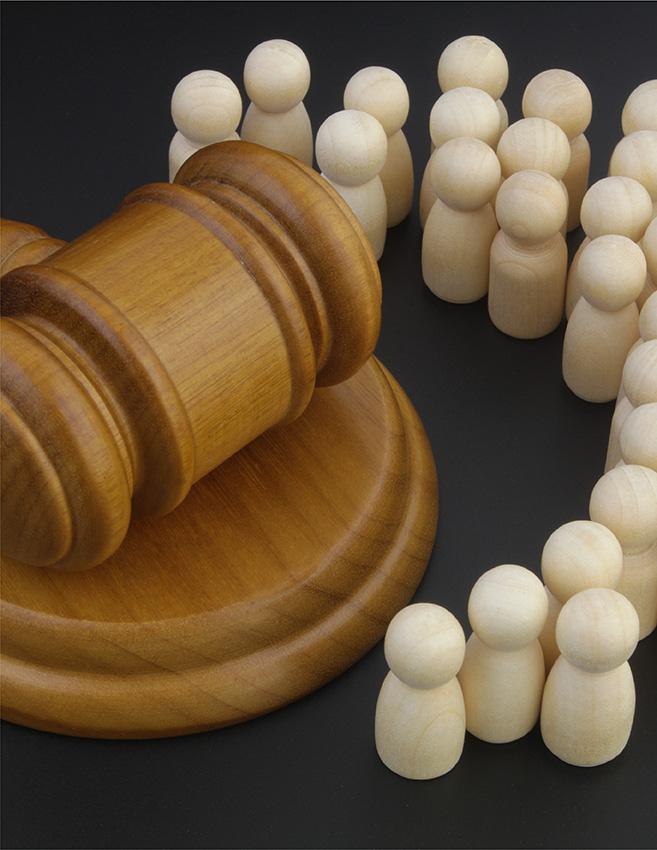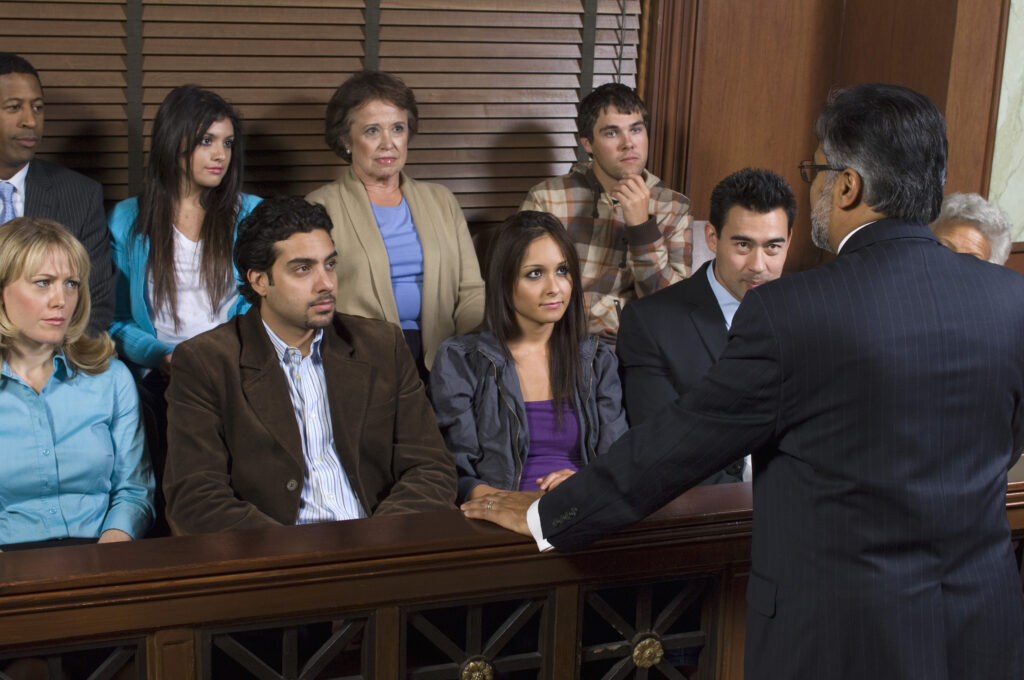WASHINGTON, D.C., July 17, 2003 — The United States Chamber of Commerce today issued two papers on the growing hazard of mold litigation and the lack of scientific evidence linking mold to health problems.
“Lawsuits over fungi fail to meet the test for sound science,” said Lisa A. Rickard, president of the U.S. Chamber Institute for Legal Reform, which along with the Manhattan Institute’s Center for Legal Policy commissioned the papers. “Unfortunately, plaintiffs’ trial lawyers, with help from the media, are playing on the public’s fear of ‘toxic’ mold to generate litigation that costs all of us.”
The insurance industry reports that it has paid billions of dollars for mold claims, and the Insurance Information Institute says more than 10,000 mold cases are pending nationwide, a 300 percent increase from 1999. One recent mold lawsuit in Texas involving a single family resulted in a $32 million verdict against an insurer.
The serious health claims that pervade mold litigation — brain damage, lung hemorrhage, and cancer — cannot withstand scrutiny under the “reliable science” standard set by the U.S. Supreme Court in a 1995 case, according to attorneys Cliff Hutchinson and Robert Powell in “Mold Litigation: How Hysteria and Junk Science Built a Cottage Industry.” The paper reports that much of the fear about mold has been perpetuated by media accounts, which in turn have fueled lawsuits.
In “A Scientific View of the Health Effects of Mold,” a team of scientists found that mold can cause reactions for those who are prone to allergies. Infections caused by mold are rare, except for those individuals who are “immune-compromised.” The study concludes that “there is no sound scientific evidence that mold causes ‘toxicity’ in doses found in home environments.”



